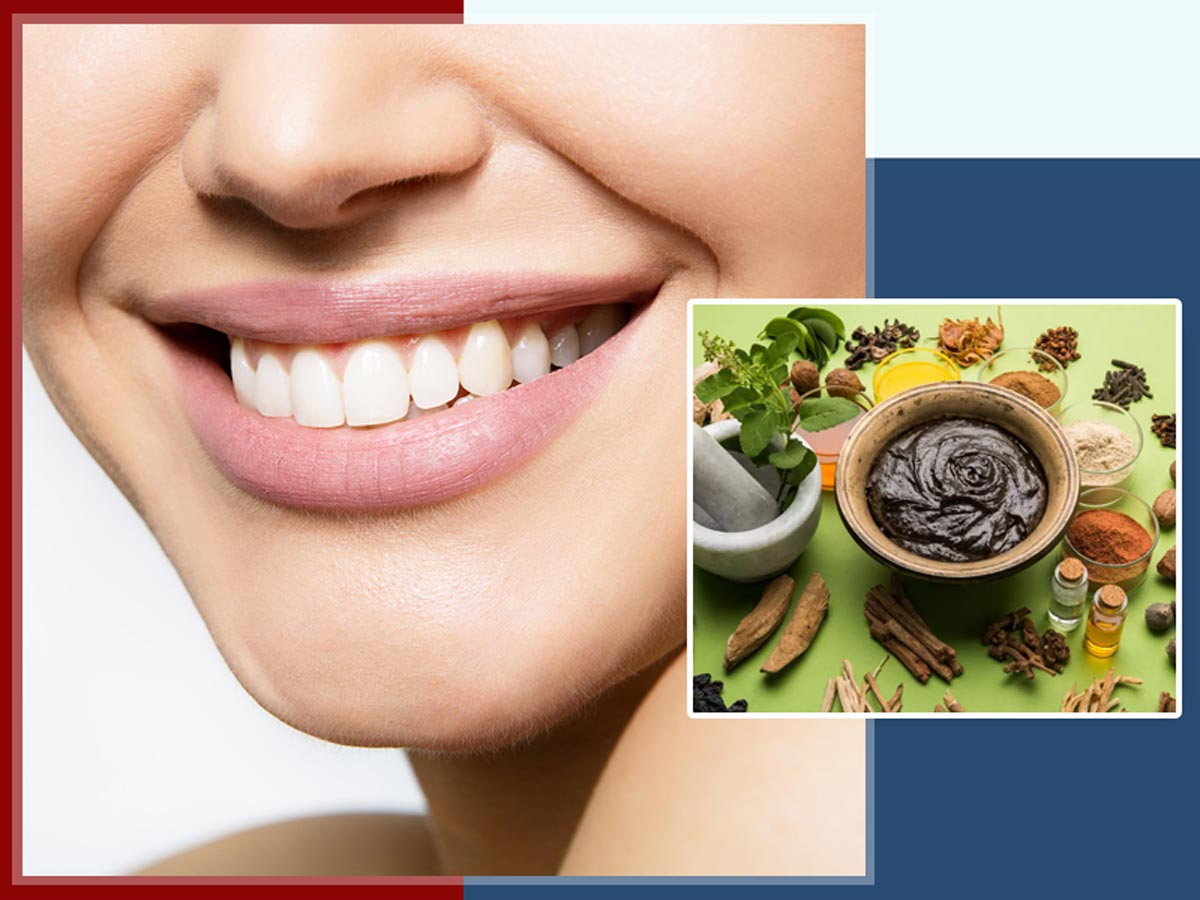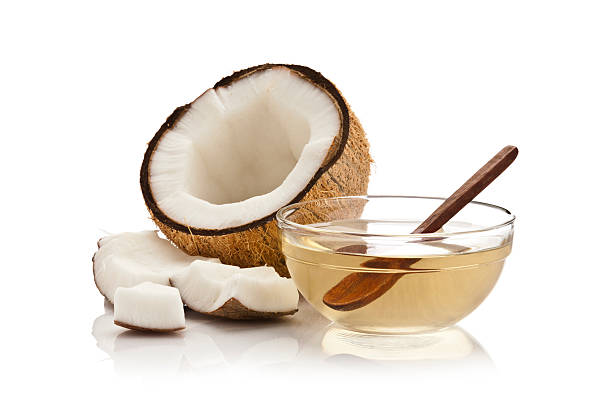How to Clean Teeth at Home
Maintaining and Clean teeth at Home When a Dental Visit Isn't Feasible
Greetings, aficionado of dental hygiene! We're all well aware of the significance of regular dentist appointments, ideally once a year, to ensure the health of our teeth and gums. Dentists are akin to superheroes for our oral well-being, adept at identifying concerns before they escalate. Yet, the rhythm of life sometimes disrupts our ability to recline in that familiar dentist's chair. Fear not! Rest assured, you possess the capability to uphold exceptional dental care within the confines of your own abode until your next dental escapade.
So, what's the protocol for preserving those gleaming teeth and robust gums from the comfort of your residence? Let's delve into the details!
Step 1: Eliminate Stubborn Plaque
Make sure to clean off plaque, that sticky stuff that sticks to your teeth after you eat your favorite snacks. Plaque is like a cozy home for bacteria, especially the ones that love sugary snacks just like you do. The problem? These tiny organisms throw a party with acid in your mouth, which can make holes in your teeth (cavities) and even bring in a not-so-nice guest called gingivitis – it's a gum infection that's not good.
To stop these troublemakers, here's what you can do:
- Make sure to brush your teeth at least two times every day. It's okay if you like using an electric toothbrush or the regular kind. Just make sure the bristles are soft and brush for about two minutes each time.
- Use toothpaste with fluoride – it's like a protector for your teeth that keeps problems away. If your dentist thinks you need more fluoride, they might give you a special prescription.
- Be nice to your toothbrush. Change it for a new one every 3-4 months. If the bristles look worn out before that, get a new one sooner.
- Don't forget to floss, like your dentist suggests. They might recommend different tools like string floss, floss picks, or water flossers. But don't use your fingernail for this job.
- Mouthwash can help too. Pick one with special stuff like oils, fluoride, or peroxide. It's like a superhero that fights bad breath and plaque.
- Drink water with fluoride. Tap water usually has fluoride, which makes your teeth stronger. Bottled water might not have this helpful ingredient.
- Chew gum that doesn't have sugar. It helps make your mouth wet, which stops cavities and gum problems. You can chew a piece after you eat or when your mouth feels dry.
- Also, try to avoid smoking and eat healthy foods. It's good for your teeth and your overall health too.
Now that you have your teeth cleaning routine down, think about these extra things to make your mouth even healthier:
Don't smoke or use tobacco. This is good for your teeth, gums, and your whole body.
If you have diabetes, manage it well. This helps your mouth stay healthy too.
Be careful with sugary foods. Eating less sugar helps keep your teeth and gums happy.
Using Electric Toothbrushes Effectively
Regular toothbrushes work fine, but using an electric toothbrush can be even better. They're especially helpful if holding a regular toothbrush is hard (like if you have arthritis), or if you want to make sure you brush long enough. Some electric toothbrushes even have timers to help you brush for the right amount of time.
Navigating Gum Quandaries
Should you notice a hint of redness upon resuming flossing after a hiatus – no cause for alarm! Your gums might necessitate an adjustment period to embrace your renewed flossing regimen. Persevere, but exercise gentleness. Should persistent bleeding akin to a horror movie audition persist, consulting your dentist becomes prudent.
Embarking on Tongue Scraping Ventures
While conclusive evidence regarding tongue scraping as the ultimate solution for eradicating bad breath remains elusive, extending care to your tongue isn't without merit. Acquire a tongue scraper or simply employ your toothbrush to gently cleanse your tongue – a spa day for your taste buds, if you will.
Exploring Natural Approaches: Home Remedies for Teeth Maintenance
For enthusiasts of natural solutions, be heartened to discover that commonplace items can contribute to impeccable dental hygiene:
Baking soda functions as a stalwart ally against tooth decay. Its potential to neutralize plaque-acid translates to fewer cavity-related complications.
Green tea transcends its role as a soothing beverage, potentially safeguarding teeth against decay and starchy foes. Regular consumers of green tea often exhibit content gums, making it a mutually beneficial choice.
Oil pulling encompasses an age-old technique involving swishing oil within the mouth. While conclusive proof is lacking, some attest to its efficacy. Studies spotlight coconut oil as a star performer in the realm of oil pulling.
- Unveiling Peroxide's Hidden Potential
Peroxide extends beyond hair treatment, harboring impressive anti-bacterial attributes. A mix with water is advised before usage, lest an unexpectedly intense experience for your gums ensues. Some oral products are pre-mixed with peroxide, offering a dual strike against bacterial intrusion.
- Xylitol Gum and Vitamin D: Emerging Heroes
Devotees of sugar-free gum are on the right track. Xylitol, a diminutive sugar substitute, might obstruct cavities by deterring bacteria. Additionally, it bestows moisture to parched mouths, promoting increased saliva production.
Vitamin D, recognized as the sunshine vitamin, exerts a favorable influence on both mood and mouth. Studies underscore its role in resisting bacteria and gum maladies. Consume vitamin D-rich foods like eggs, tuna, and salmon, or opt for vitamin D-fortified orange juice to infuse a citrusy lift.
Nurturing Teeth Amid Illness
Should illness strike, extending care to your teeth remains feasible:
- Opt for sugar-free cough drops. Though your taste buds may yearn for sweetness, your teeth will applaud your choice.
- After enduring stomach-related distress, rinse with diluted mouthwash or water. Prevent remnants of the battle from lingering.
- Combat dry mouth with plain water. Sugary and acidic alternatives, such as lemon, are best avoided for refreshing relief.
Lastly, concerns about self-reinfection needn't plague you. No need to discard your toothbrush; simply continue your brushing routine and reserve the toothbrush solely for your use.
Knowing When to Seek Help from Dentists
Now that you know a lot about taking care of your teeth, there are times when it's important to get help from a dental clinic expert :
- Persistent severe pain or swelling causing your oral cavity to resemble a dramatic stage.
- Unyielding bleeding – if your gums host a never-ending festivity.
- Indications of infection, notably redness, swelling, and discomfort – a soirée you'd rather decline.
- A fractured tooth or crown. Accidents, after all, are an unfortunate reality.
Remember, if there's a dental emergency, it's smart to tell your dentist before you rush to see them. If you're sick, let them know about your symptoms like cough, fever, or trouble breathing, so they can help you the right way.
So there you have it, a complete guide to becoming your own dental hero at home. Keep your teeth shining, take care of your gums, and show off your wonderful smile. You can do it! 🦷😁




Comments
Post a Comment